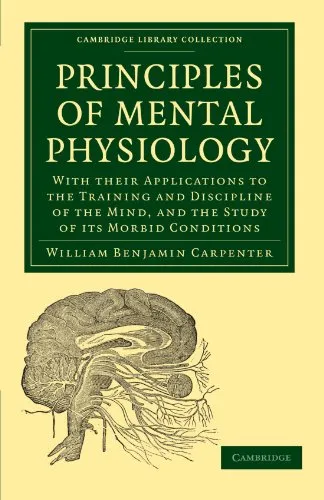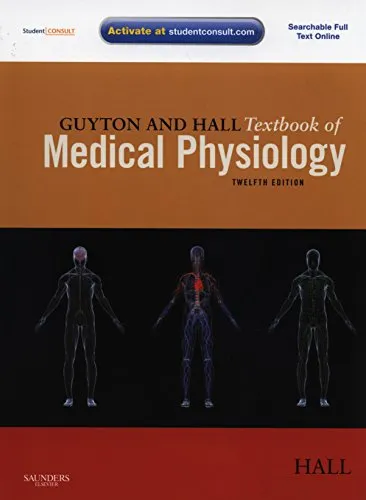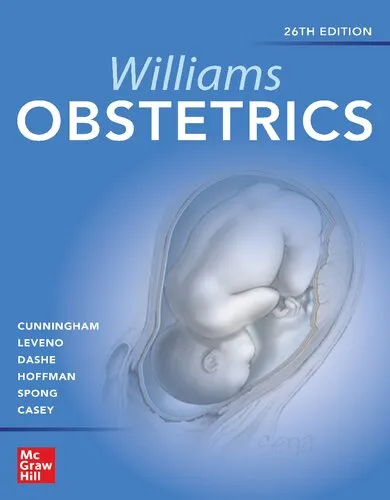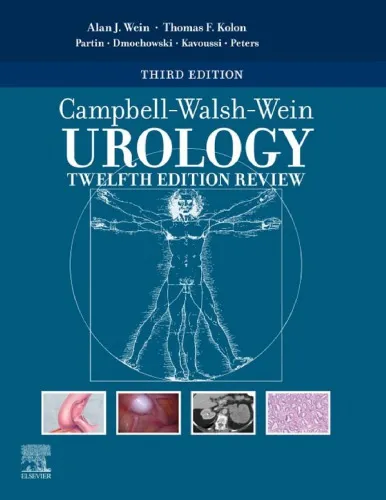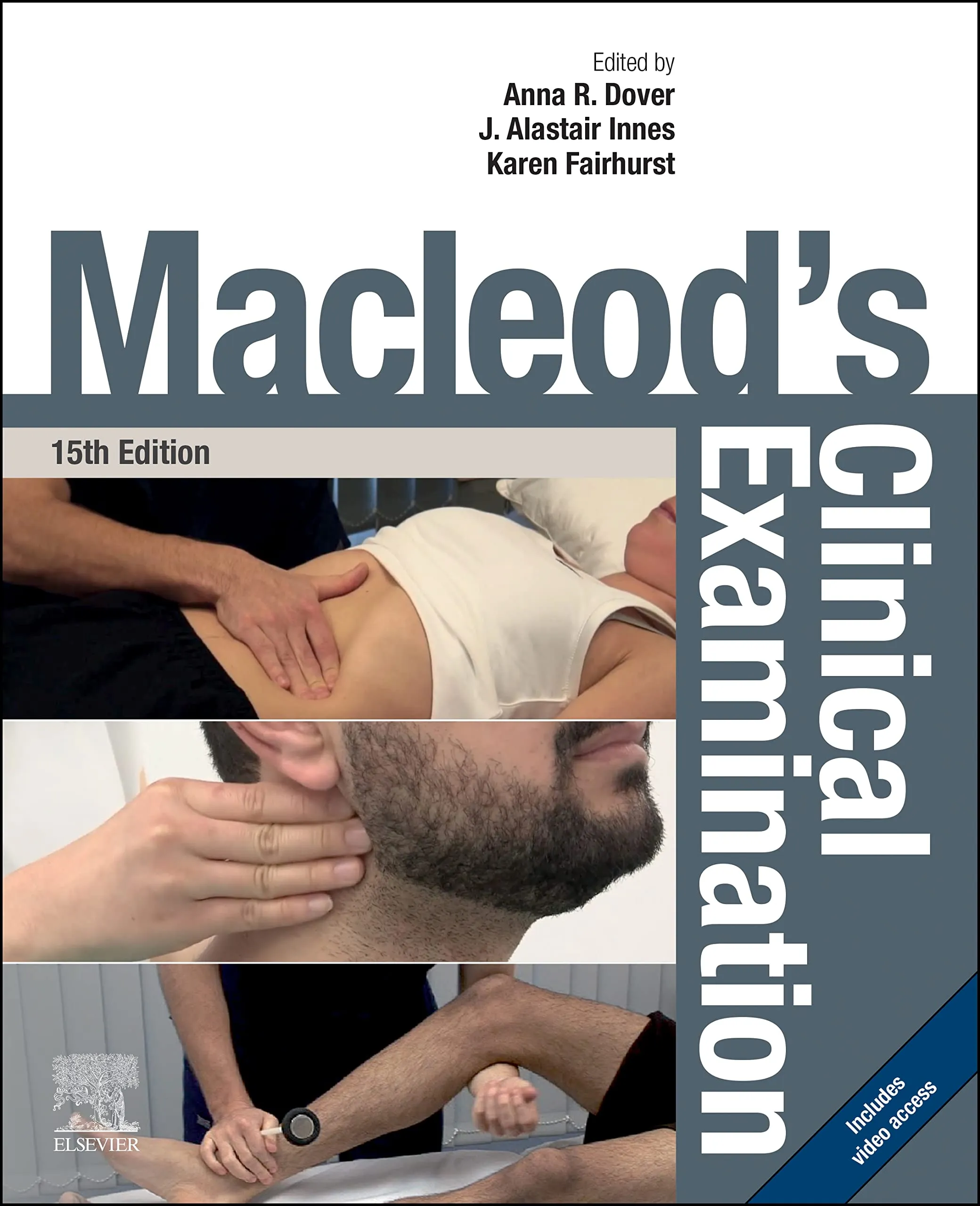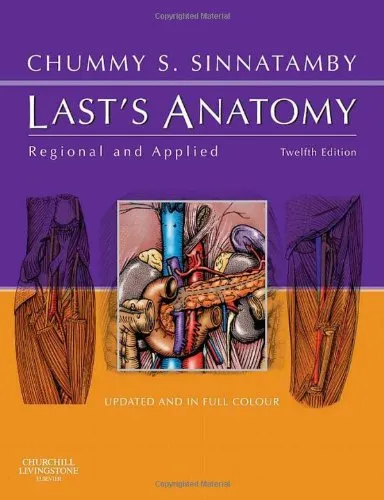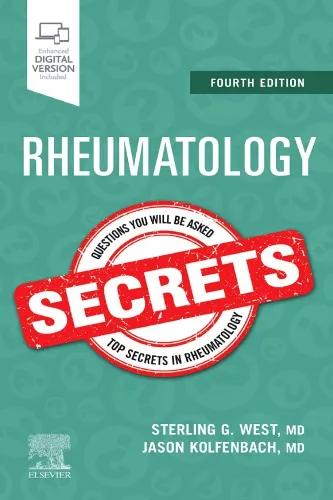Principles of Mental Physiology: With their Applications to the Training and Discipline of the Mind, and the Study of its Morbid Conditions
4.5
Reviews from our users

You Can Ask your questions from this book's AI after Login
Each download or ask from book AI costs 2 points. To earn more free points, please visit the Points Guide Page and complete some valuable actions.Related Refrences:
William Carpenter (1813-85) was trained as a doctor; he was apprenticed to an eye surgeon, and later attended University College London and the University of Edinburgh, obtaining his M. D. in 1839. Rather than practising medicine, he became a teacher, specialising in neurology, and it was his work as a zoologist on marine invertebrates that brought him wide scientific recognition. His Principles of Mental Physiology, published in 1874, developed the ideas he had first expounded in the 1850s, and expounds the arguments for and against the two models of psychology then current - automatism, which assumed that the mind operates under the control of the physiology of the body for all human activity, and free will, 'an independent power, controlling and directing that activity.' Drawing on animal as well as human examples, his arguments, especially on the acquisition of mental traits in the individual, are much influenced by Darwin.
Free Direct Download
You Can Download this book after Login
Accessing books through legal platforms and public libraries not only supports the rights of authors and publishers but also contributes to the sustainability of reading culture. Before downloading, please take a moment to consider these options.
Find this book on other platforms:
WorldCat helps you find books in libraries worldwide.
See ratings, reviews, and discussions on Goodreads.
Find and buy rare or used books on AbeBooks.
1393
بازدید4.5
امتیاز0
نظر98%
رضایتReviews:
4.5
Based on 0 users review
Questions & Answers
Ask questions about this book or help others by answering
Please login to ask a question
No questions yet. Be the first to ask!
